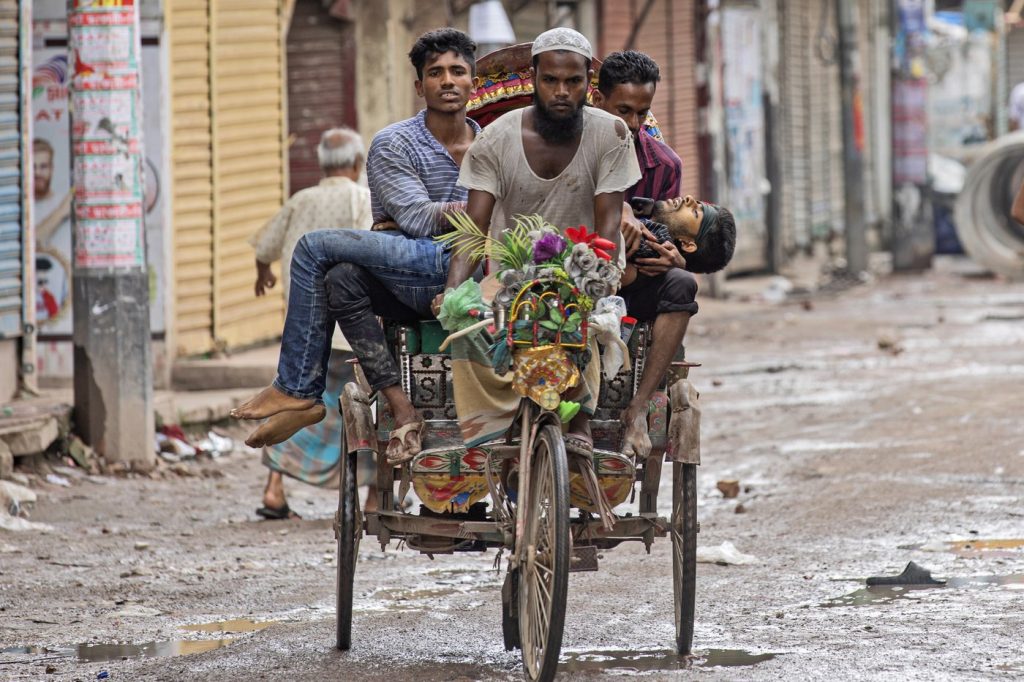GENEVA (AP) – The United Nations human rights office issued a report on Wednesday estimating that up to 1,400 individuals may have lost their lives in Bangladesh during a crackdown on student-led protests that occurred over six weeks last summer. These protests were directed against the now-ousted former Prime Minister Sheikh Hasina, leading to significant human rights violations by security and intelligence services.
In its comprehensive report, the Geneva-based office claims that the security forces systematically engaged in rights violations that could potentially constitute crimes against humanity. This necessitates further investigation into the events surrounding these protests. According to "various credible sources," the U.N. rights office asserts that many of the casualties occurred between July 1 and August 15, with the vast majority of those injured reportedly shot by Bangladesh's security forces.
U.N. human rights chief Volker Türk highlighted that there are signs of "extrajudicial killings, extensive arbitrary arrests and detentions, and torture" being carried out with the knowledge and coordination of Bangladesh's political leadership and top security officials. These actions were reportedly designed as a means to suppress the growing protests.
The U.N. fact-finding mission was dispatched to Bangladesh following an invitation from the interim government, led by Nobel Peace laureate Muhammad Yunus. The purpose of the mission was to investigate the upheaval that eventually forced the long-standing Prime Minister Sheikh Hasina to seek refuge in India. What began as peaceful demonstrations by students expressing their frustration over a quota system for government jobs escalated into a formidable uprising challenging Hasina and her ruling Awami League party.
Evidence suggests that the scale of violence during this period was unprecedented, with the rights office noting that thousands more were injured apart from the estimated 1,400 fatalities. These protests marked a significant chapter in Bangladesh's political landscape, indicating widespread public dissatisfaction and unrest against the ruling government.
This situation illustrates the grave human rights concerns surrounding the actions taken by Bangladesh's security forces against its citizens during a critical moment in the country's recent history. The UN's findings call for serious international scrutiny and potential accountability for those involved in orchestrating these rights violations, which have raised alarms globally over the state of democracy and governance in Bangladesh.











